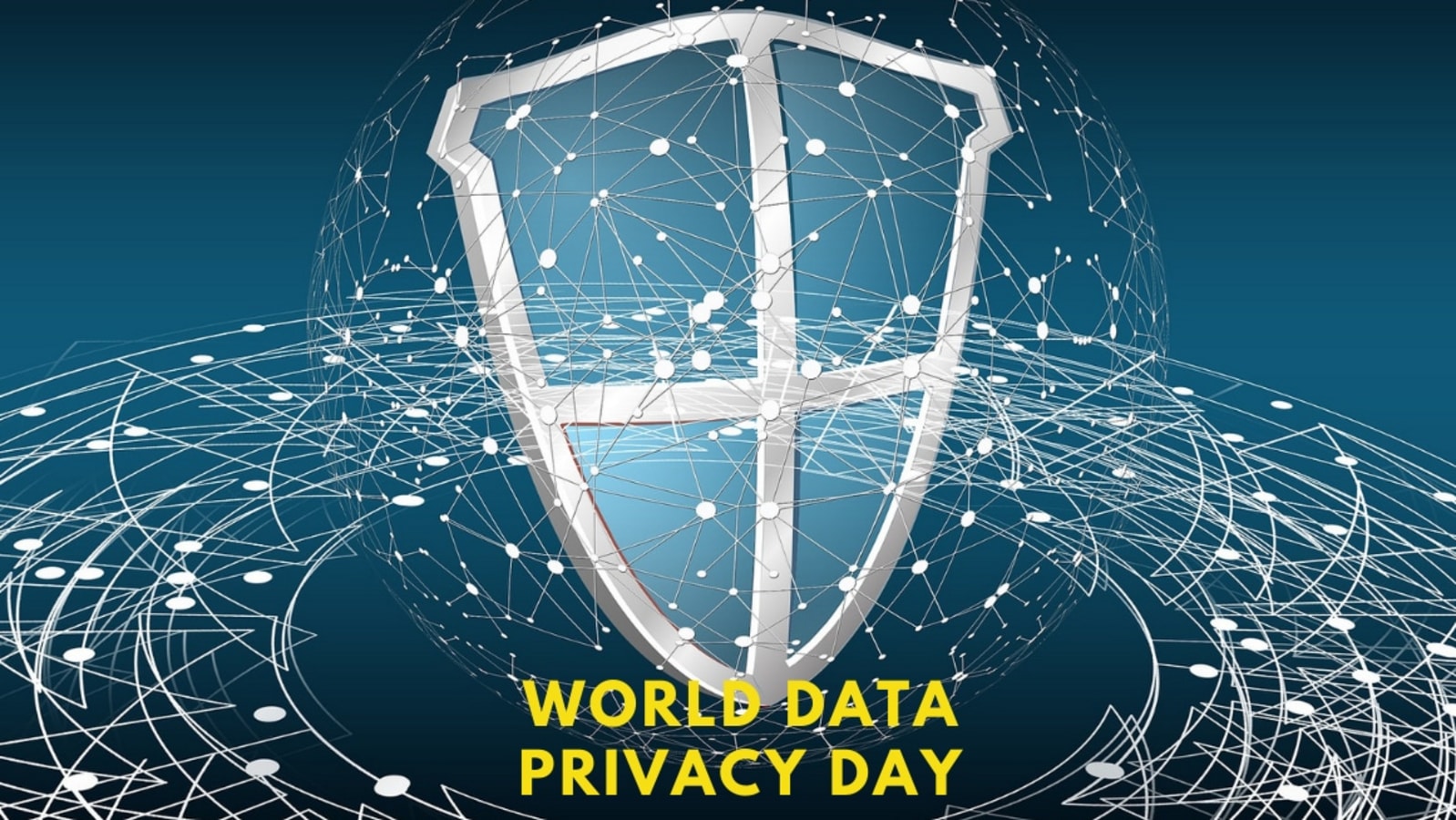Data Privacy Day is a symbolic gesture, says Anand Venkatanarayanan, CFO, HasGeek
After 9/11 terrorist attacks, the amount of personal privacy available for people has been going down in various forms and formats across the world, says Anand Venkatanarayanan.
In a freewheeling interview, Anand Venkatanarayanan, Chief Financial Officer, HasGeek and an avid privacy advocate on his blog Fractal Reality, reveals what the World Data Privacy Day really means to him and where India stands vis a vis the world when it comes to data privacy. Here are edited excerpts of the interview with HT Tech.
Q.1 What does World Data Privacy Day mean to you?
For me, it is a symbolic gesture. If you notice, there has been less privacy going forward since US started the Patriot act after the 9/11 terrorist attacks. Ever since then, the amount of personal privacy available for people has been going down in various forms and formats across the world. Unless the long-term trend is at least halted, if not reversed, the day might not mean anything more than being a symbolic gesture.
Q.2 When it comes to data protection, how vulnerable are we?
In most of the places, when it comes to infrastructure, we have made significant developments. So, it is not like a decade ago when we did not know about data privacy. We have not been successful in rolling them out en masse because of lack of public discussion and debate on them. That is pretty concerning. If you asked me five or six years ago, we did not know how to roll out mass encryption at scale. Encryption is a pretty geeky thing. But today, we have Signal and WhatsApp that know how to give privacy to people. However, organizations are pretty slow to adapt for various reasons. That is an area of concern.
Q.3 How can data privacy be strengthened in India?.
From an individual perspective, the geeky folks know how to maintain some privacy. The big elephant in the room that no one wants to talk about is the government. If you look at what has happened in European countries, the GDPR (General Data Protection Regulation) has exported their privacy laws across the world.
We have not been able to do that in India and that has been largely due to intent. Intent boils down to what institutions react to. Institutions react to privacy demands under two circumstances – either users demand it or the regulator demands it. In India, unfortunately, there is very little demand from both sides. Some people are concerned but that is a very small section of the population and similarly the government is also not pushing through on these laws. As a result, there has not been much movement on privacy.
Q.4 Your thoughts on the Data Protection Bill in India?
It is basically creating two different standards – one for the government and one for the private sector. That’s my reading of the bill. This is problematic because the government is a very big party across the entire spectrum. No matter which part of the society you belong to, you have to interact with the government. So, the government carving exceptions for themselves while asking private organizations to adhere to it will not work out very well.
They have also added some unrelated stuff. Like the non personal data. It is a mind-bending thing. In my opinion this needs to be a separate discussion, outside of the Data Protection Bill. We have argued in the past about the problems of mixing up personal data and non personal data. Because the structured opinion from industry experts and regulatory stance are quite different.
If you have noticed what has happened in the trans-continental floors, most of the regions are coming and insisting that if you want a digital economy, you must also have rules defined around it, and the rules have to be consistent. In my opinion, the Data Protection Bill is making the trans-continental digital economy a difficult proposition. Given that we usually want to be a net exporter of services, we may face some problems because of it. These existing problems in the Data protection bill will turn it into a data access bill.
Q.5 5G connectivity is back in the news, especially after its rollout in the US and the aviation sector voicing its concern. Concerns around 5G and health issues too have been voiced.
This concern has been around for a very long time. People were saying the same for 2G and 3G. Historically speaking, this is a progress you cannot stop. More connectivity and more speed is a path the world has taken. You could argue whether technology A vs technology B is beneficial or not but this will not stop. The only thing that may happen in India is that 5G adoption might be delayed due to pricing and allocation issues.
Q. 6 What is your opinion on the Digital India initiative?
The problem with the Digital India campaign is that they have no capability of managing a cyber network. There has been so much investigation in exposing the flaws, but the government does not seem much interested in fixing them. Their method of looking at it is basically rolling out a bunch of things very fast and figure out what problems are coming later.
They rush through, they change things a lot and their governance of these platforms is not up to the mark. Even with UPI, the government has not cared much about various frauds. They have prioritized reach, speed and scale and not collateral damage. They don’t even measure collateral damage.
For all the latest Technology News Click Here

